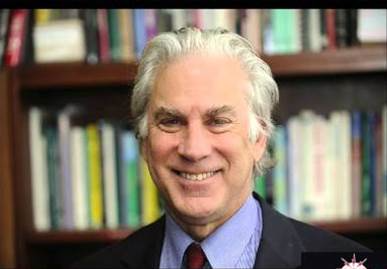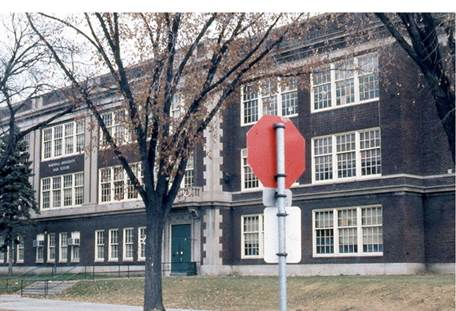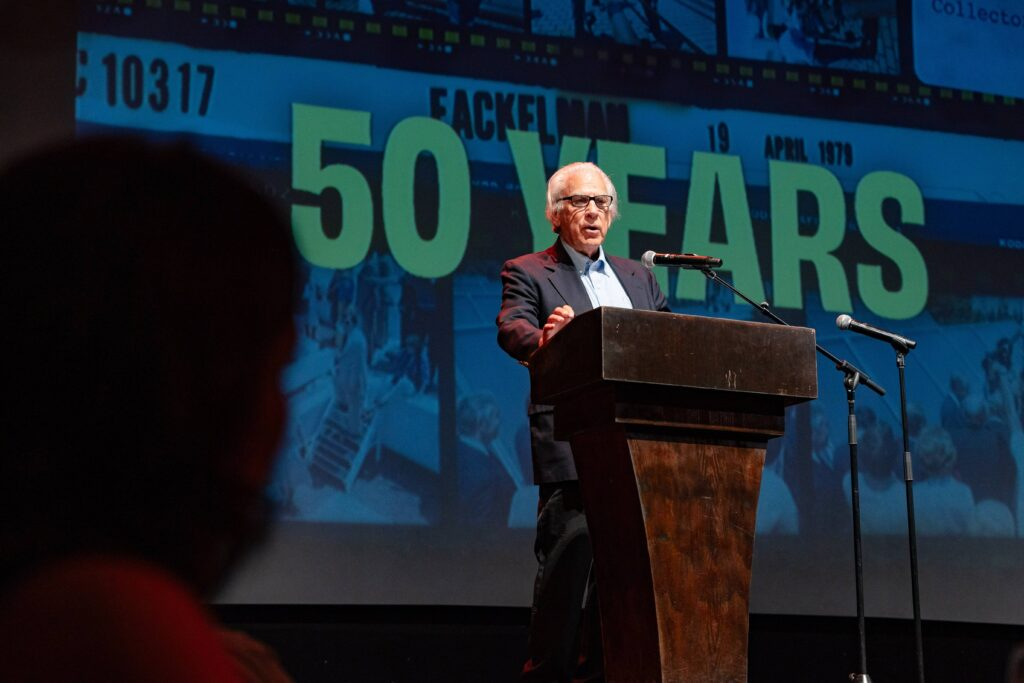In Memory of a Visionary: David Morris and the Power of Local Self-Reliance
Good evening, everyone:
I wanted to note the passing earlier this month of a friend and long-time colleague who was a visionary champion of community-based problem-solving, innovation, and self-reliance: David Morris, the founder of the Institute for Local Self-Reliance.

I first came to know David some 40 years ago, when he and I worked in the same building, the renovated workspace that was once Minneapolis’ Marshall-University High School, from which I graduated.

Based on decades of work on community resilience, renewable energy, and human-scaled, politically autonomous local economies, David had been tagged by the Utne Reader as one of the 50 visionary geniuses who would transform 21st century America.
His work was embodied in, institutionalized by, and accelerated through the Institute for Local Self‑Reliance, which he co-founded in Washington, D.C. in 1974. He was proud of the fact that that the Institute’s early offices were in the Adams Morgan neighborhood, complete with rooftop solar panels and composting toilets. He and his two co-founders published their first newsletter – the Self-Reliance Newsletter – in 1976. And they began writing articles such as The Dawning of Solar Cells at about the same time.
David became a publishing and speaking juggernaut over the next years. His Be Your Own Power Company, published in 1983, became a definitive playbook for small-scall power producers. That was followed in 2001 by Seeing the Light, which foresaw the hazards the nation was inviting through centralized power systems.
After creating a satellite office in Minneapolis in 1992, he helped shaped Minnesota mandates that required utility companies to purchase then-unheard-of quantities of wind and biomass energy. And he advocated tirelessly for municipal recyling and zero-waste policies.
David was zealous about not separating decentralized energy policy from local economic self-reliance. Two early books – Self-Reliant Cities (1982) and Neighborhood Power (1975) – made the case that cities should create, circulate, and retain wealth locally, resisting the extractive pressures of most commercial activity
When I was a McKnight, we supported David’s launch of the “New Rules Project, “ which identified ways to remove regulatory barriers to local control of broadband, decentralized energy production, and small business development. He searched out every channel through which to advance the project, including writing a daily column for the Saint Paul Pioneer Press, penning commentary pieces regularly for national media outlets, and building the heft and reach of the Institute’s staff and agenda.
When David delivered the keynote address to the Institute’s 50th Anniversary in 2024, it reminded me that while everything had changed over the course of a half-century, David’s fundamental principles had not. Indeed, his vision at the Institute’s founding is perhaps even more relevant today:
We are . . . committed to exploring the potential for self-reliance, not of individuals or of nations, but of humanly-scaled cooperative communities, of neighborhoods and cities. It is on this level that people have the intellectual, financial, human and political resources to make significant advances in the direction of community self-sufficiency; and it is on this level, also, that organized groups of people can take control over their own lives and wealth and begin to affect a transition away from the concentration of political and economic power which characterizes American democracy.

God speed, David.
Rip